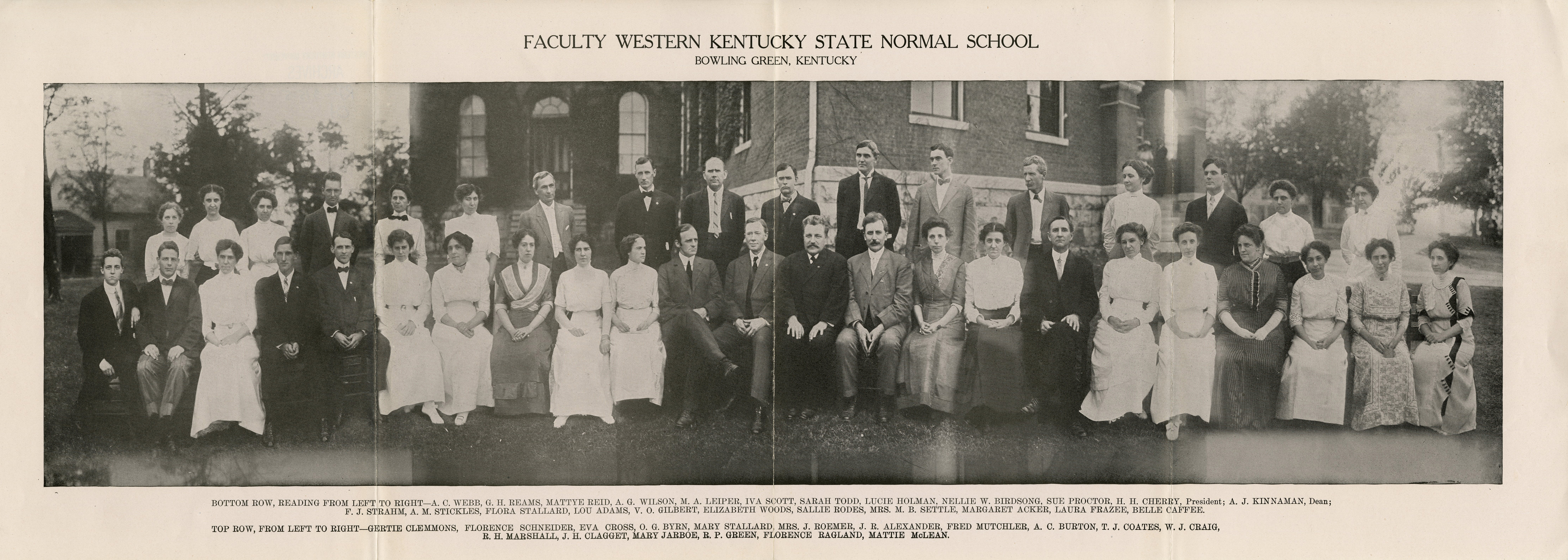Abstract
Given the climate of distrust, colleges and universities are examining strategies to enable them to remain relevant. Efforts to answer the recent outcry for productive, effective, and evidencedbased outcomes include adapting curricula and degree programs to better prepare graduates for employment. Competency-based education (CBE) programs are at the forefront of these approaches. Although not a new concept, CBE has shifted from its vocational training roots to its current attention on student results. The acquisition of competence requires an engaged learner who practices self-reflection (Dreyfus, 2004). Albanese, et al. (2008) suggest competencies should be outcome focused, emphasize applied-learning, and be measurable. Students, colleges, and other stakeholders should also be informed about expectations and levels of competency attainment.
In addition to providing undergraduates with a competency-based curriculum, institutions of higher education are called upon to teach what is often referred to as soft skills aimed at enhancing graduates’ employability. These refer to a combination of traits and relational qualities that allow individuals to be successful both personally and professionally. Soft skills include the ability to work collaboratively, engage in critical thought, communicate effectively, craft persuasive arguments, solve problems, accept responsibility, and display high emotional intelligence (Clarke, 2018; Succi, & Cavoni, 2020). Thus, college graduates must develop the requisite intrapersonal and interpersonal skills to prepare them for competitive opportunities.
Disciplines
Education | Educational Administration and Supervision | Higher Education | Higher Education Administration
Recommended Citation
Kerby, Molly, "Book Proposal: Reimagining Higher Education: A Guide to Creating the Competent College Graduate" (2020). Faculty/Staff Personal Papers. Paper 270.
https://digitalcommons.wku.edu/fac_staff_papers/270

